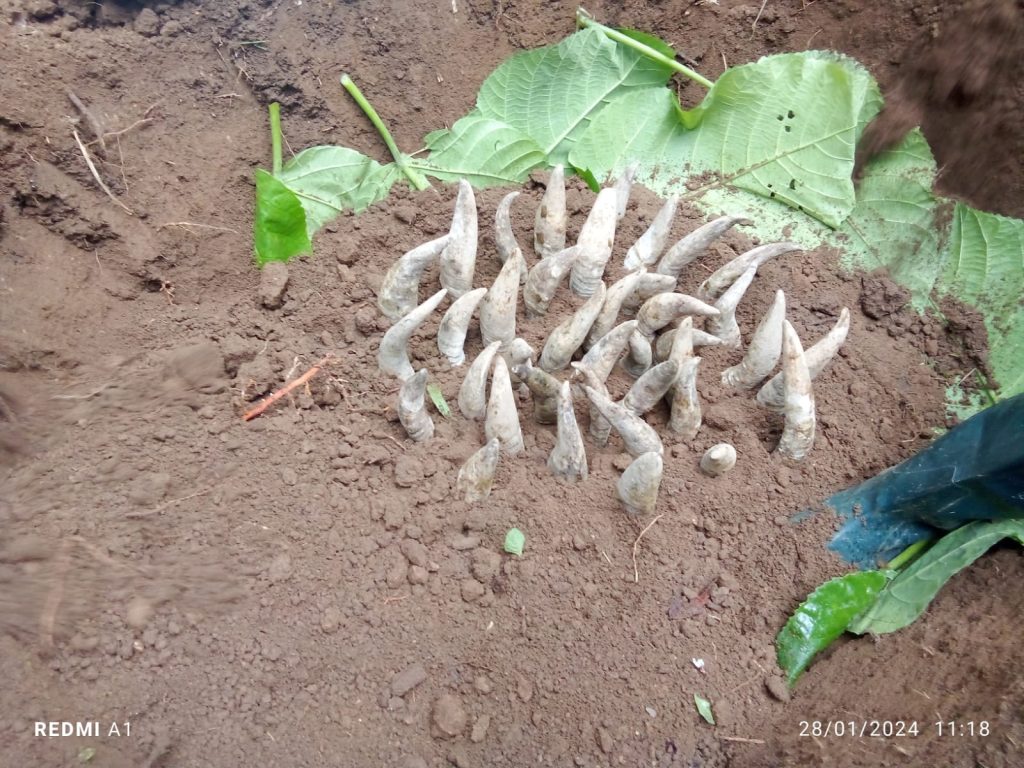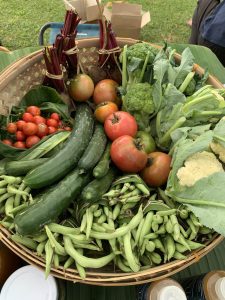Biodynamic farming provides many benefits for the soil, including improved soil fertility. By using biodynamic compost rich in microorganisms, the soil becomes more fertile and better supports healthy plant growth. This compost also helps improve soil structure, increasing the soil’s ability to retain water and nutrients.
Additionally, biodynamic farming reduces dependence on synthetic chemicals such as pesticides and artificial fertilizers. Instead, biodynamic farmers use natural preparations that do not harm the soil ecosystem. These preparations help enhance biological activity in the soil, which in turn improves soil fertility and health.
Biodynamic farming also promotes crop rotation and cover crop planting, which help maintain nutrient balance in the soil and prevent erosion. These practices ensure that the soil remains productive and healthy over the long term without relying on harmful external inputs.
By adopting biodynamic practices, farmers can not only increase the productivity of their land but also contribute to environmental preservation and planetary health. Healthy soil is the foundation of a sustainable and productive ecosystem, and biodynamic farming offers an effective solution to achieve this.








